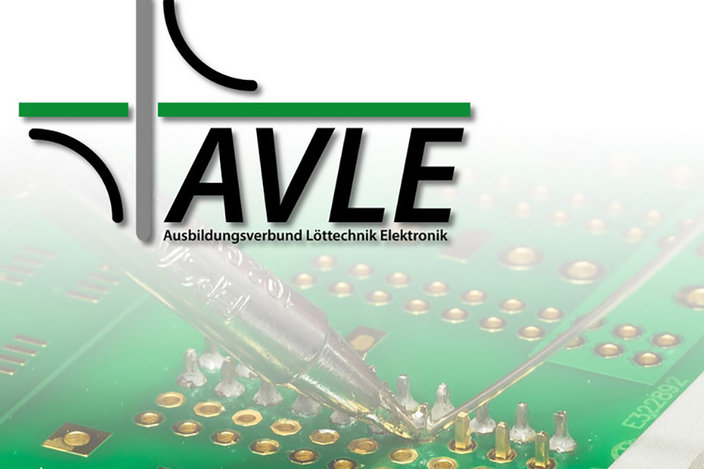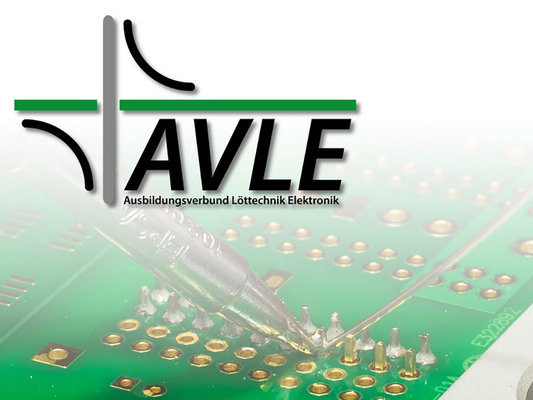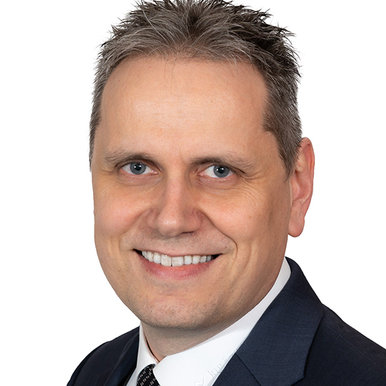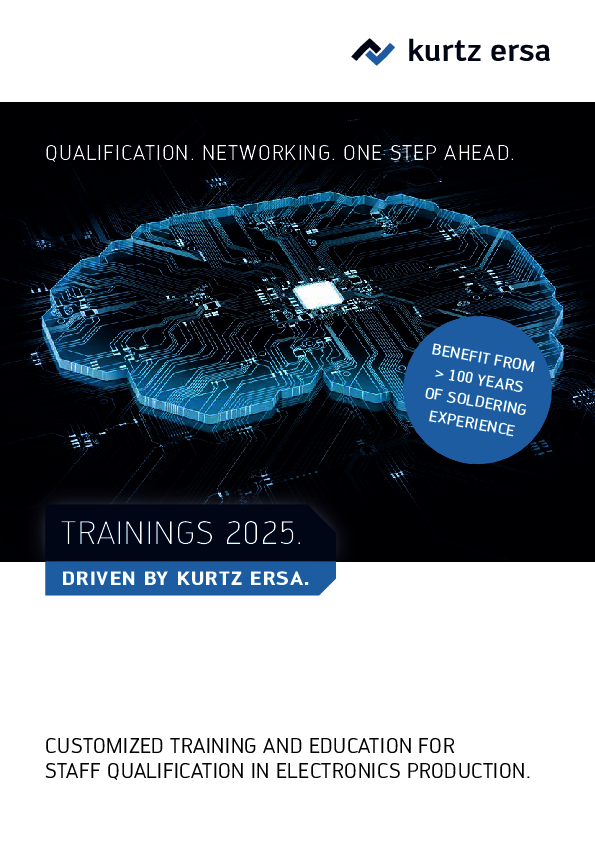Get your soldering license! With the multi-level training system from basic knowledge to specialist in the areas of hand soldering and rework. Standardized. Tested. Up-to-date. The professional training to become a specialist in soldering technology in accordance with the AVLE1510 guideline comprises a multi-stage training concept for the manual soldering of THT, SMT and rework with rework systems and is divided into modules 1-4.
Training modules
Recertification
About AVLE
The Ausbildungsverbund Löttechnik Elektronik, AVLE for short, is an association of companies from electronics production, machine and equipment manufacturers and research & development with the aim of improving the quality, reliability and reproducibility of hand soldering joints and machine processes. High-quality training materials, professionally equipped course facilities and qualified trainers from the field provide each participant with important background knowledge in close connection with the manual skills in the practical area.
The AVLE was founded by the companies RAFI, Hannusch, Zollner and Ersa. The FED e.V. is a cooperation partner of the AVLE. The soldering training courses are tailored to today's requirements in electronics production and are constantly adapted to current developments. Relevant standards, such as IPC-A-610, are the basis for evaluating the soldering results.
Further details at www.avle.de/en
AVLE training - Your benefits
A well-trained workforce increases production performance and saves costs: process deviations can be identified and rectified before they lead to errors, and unnecessary rework is avoided. Further advantages: optimal use of materials and reproducible quality. The new AVLE (Ausbildungsverbund Löttechnik Elektronik) guidelines for standardizing the training of employees in electronics production ensure uniform standards throughout Germany. All modules are held in a neutral lecture format. They enable participants to bring their knowledge up to date and transfer the seminar content to their specific requirements.
The result: The modular “Training as a specialist for soldering technology electronics” in accordance with AVLE guidelines 1510/1511 with a possible certified final examination in theory and practice for each training module. All successfully completed modules are entered in the AVLE soldering driver's license.
Contents
During the course, the specialist for soldering technology is given a basic understanding of the soldering process and the manual soldering of electronic assemblies - in other words, they learn to understand the content of work instructions and to carry out manual soldering work independently and professionally according to specifications. Material properties are discussed, the need for a balance between soldering heat requirement and soldering heat resistance is explained and tested by the participants themselves. Further specialized knowledge in the area of very small components, high-pole components and the use of rework systems can be acquired in the subsequent modules. The knowledge and skills acquired during the training are consolidated in practical work experience.
Method
A manual soldering workstation with ESD protective equipment is available for each participant; the number of participants is therefore limited to 10 for modules 1 and 2. In addition, underheaters, soldering and desoldering stations, an inspection workstation and component preparation stations are set up. High-quality stereo microscopes are also available for Module 3. In Module 4, the rework processes are demonstrated on various rework systems. The maximum number of participants in modules 3 and 4 is 6. In the course of the training in each module, the participant acquires the knowledge and practical skills that are finally verified by an examination in theory and practice. The training content is taught in a practical manner by qualified, experienced trainers. Each participant receives their own personal training documentation for each training module.



